Indigenous Teacher Education Initiative
The Rideau Hall Foundation’s ITE initiative is a national, long-term effort to support the recruitment and retention of 10,000 First Nations, Inuit, and Métis teachers and to promote the systemic changes necessary in leading to more sustainable Indigenous teacher employment opportunities in all areas of the country.
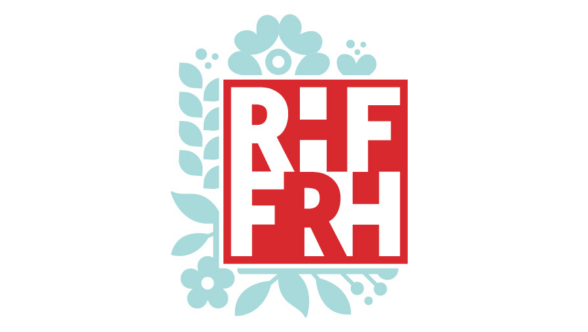
Impact Areas:
Audience:
Celebrating ITE Grant Recipients
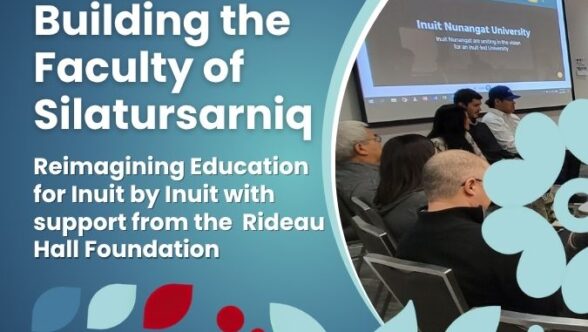
Building the Faculty of Silatursarniq
ᐅᖃᓕᒫᕐᓗᒋᑦ ᐃᓄᒃᑐᑦ The vision for an Inuit Nunangat University (INU) is becoming a reality—and at...
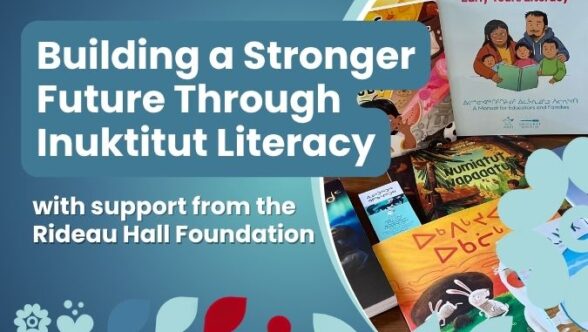
Building a Stronger Future Through Inuktitut Literacy
ᐅᖃᓕᒫᕐᓗᒋᑦ ᐃᓄᒃᑐᑦ “Strong literacy skills are the foundation of academic success,” say the educators behind...
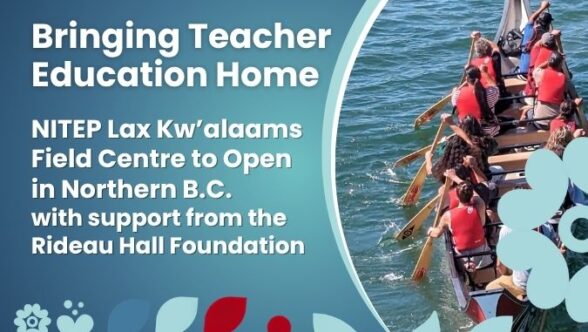
Bringing Teacher Education Home
As NITEP celebrates 50 years of Indigenous teacher education at the University of British...
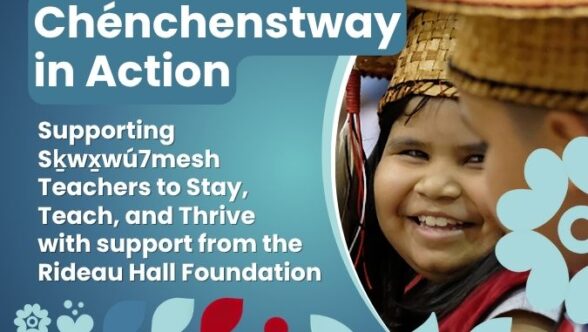
Chénchenstway in Action
When the members of Sḵwx̱wú7mesh Úxwumixw (Squamish Nation) voted in 2022 to reclaim jurisdiction...
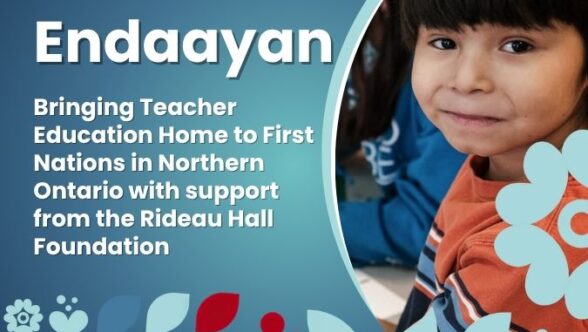
Endaayan
For decades, northern First Nations have called for a teacher education system rooted in...
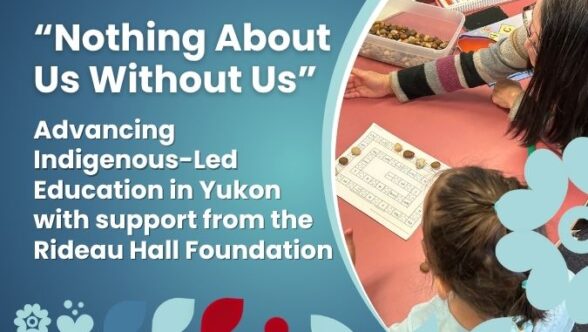
Nothing About Us Without Us
Across the Yukon, the First Nation School Board (FNSB) is reshaping the future of...
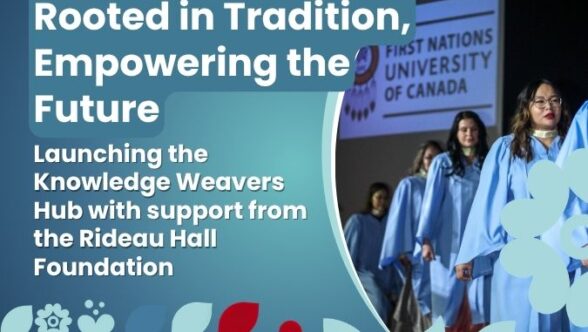
Rooted in Tradition, Empowering the Future
Indigenous educators are knowledge keepers, mentors, and changemakers—and they deserve the resources, recognition, and...
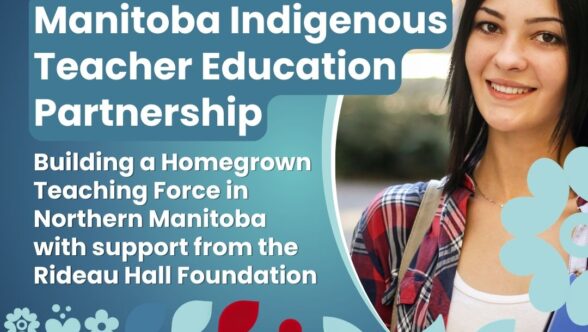
Manitoba Indigenous Teacher Education Partnership (MITEP)
In Manitoba’s remote and rural regions, Indigenous students face a persistent challenge: too few...
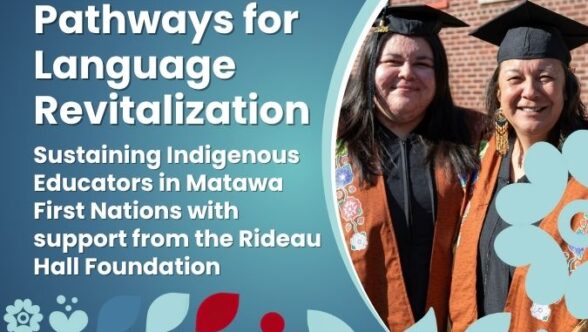
Pathways for Language Revitalization
Read in Oji-Cree Read in Swampy Cree Indigenous educators are the heart of culturally grounded learning—but...
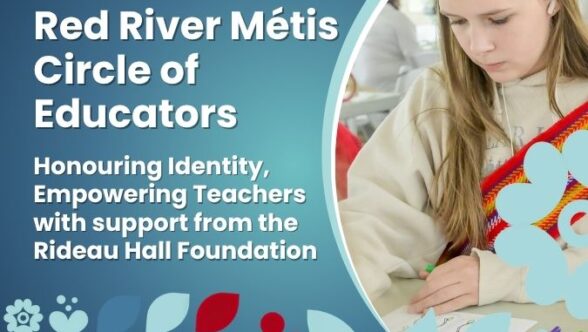
Red River Métis Circle of Educators
Read in Michif With the historic passing of the Louis Riel Act, Manitoba has taken...
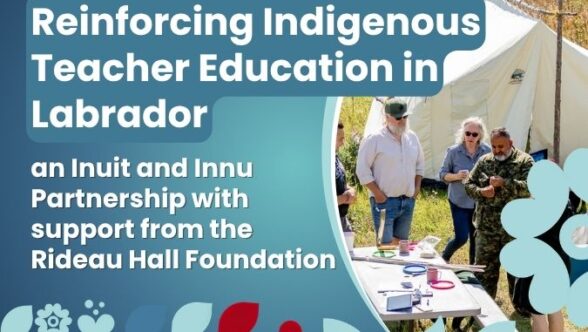
Reinforcing Indigenous Teacher Education in Labrador
Across Labrador, Inuit and Innu communities are shaping a new path forward in Indigenous-led...
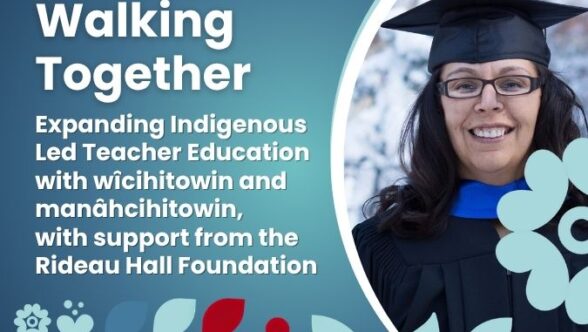
Walking Together
Over the past four years, the Aboriginal Teacher Education Program (ATEP) at the University...
Empowering Indigenous Educators, Communities, and Languages Across Canada
The Rideau Hall Foundation is proud to announce the 12 recipient projects of the 2025 Indigenous Teacher Education Initiative (ITEI), part of our ongoing commitment to supporting Indigenous-led teacher education in communities across the country. This year’s recipients span from Labrador to the Yukon and reflect a shared vision: to strengthen pathways where Indigenous educators are supported, valued, and equipped to lead in their communities.
These projects were selected for their community-led design, strong educational partnerships, and direct commitment to increasing the number of Indigenous educators. All 12 recipients are creating or expanding teacher education programs that are anchored in Indigenous languages, knowledge systems, and cultural values—while also removing systemic barriers to access and retention.
Collective Impact
Together, these projects will:
- Prepare and certify hundreds of Indigenous teachers
- Reach more than 5,000 children and students
- Support thousands of educators through mentorship, tools, and professional networks
- Strengthen Indigenous language instruction in Inuktitut, Innu-aimun, Michif, Ojibwe, Oji-Cree, Cree, and Sḵwx̱wú7mesh sníchim
- Build and reinforce community-based teacher education systems in every region of Canada
With Gratitude to the Mastercard Foundation
The Rideau Hall Foundation is grateful for the generous support of the Mastercard Foundation. Their partnership is helping to build a future where Indigenous educators are supported, celebrated, and leading transformative change in communities across Canada. Together, we are advancing meaningful, Indigenous-led solutions in education.